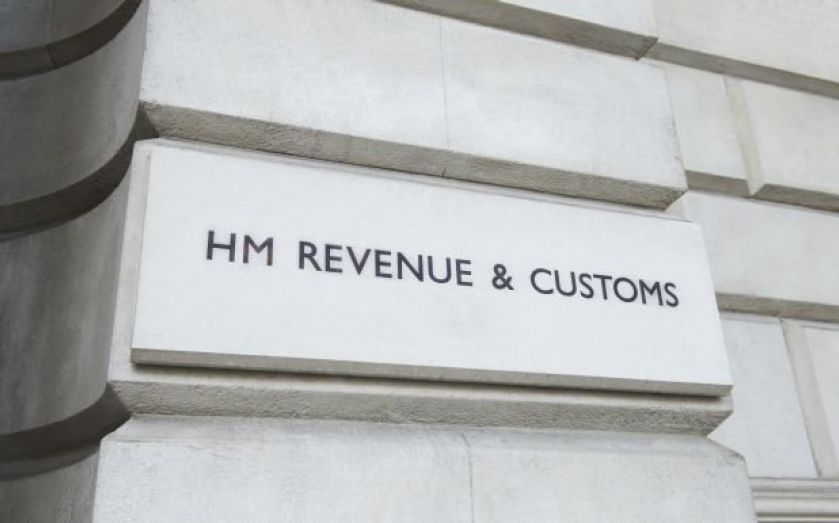Taxpayers could lose £2bn as small businesses take government to court over interest swap investigation

Small business in the UK are taking the government to court over their exclusion from a compensation scheme set up following the mis-selling of interest rate swaps.
The swaps were complex products sold to a large number of business by UK banks. They were designed to provide protection against interest rate changes.
But when the banking crash happened in 2008, interest rates were cut to such lows that businesses wanted to exit the contracts. To do so required payment of extremely high fees, which were damaging to many of the businesses.
An investigation by the Financial Conduct Authority (FCA) found that many banks had wrongly encouraged businesses to enter the expensive and complicated deals, and a compensation scheme worth billions of pounds was set up to make banks pay for the resulting losses.
Not everyone who entered the deal was eligible – at least 10,000 “sophisticated borrowers” were not able to claim back their losses, including those with revenues greater than £6.5m or assets worth more than £3.26m. Companies that entered into swap deals worth more than £10m were also not eligible.
However, a number of small businesses not included in the scheme are now arguing that their circumstances made them eligible, making their exclusion by the FCA unlawful. According to The Sunday Times, 20 of them will reveal their intention to take the government to court this week.
The FCA has argued back, saying the sophistication test was designed to “identify those smaller business that were less likely to have understood the risks associated with swaps or to have had resources enough to have access to independent, expert advice before buying a product”.
The challenge is being led by law firm Seymours, which said the case was based on the government's failure to correctly apply the Markets in Financial Instrument Directive rules. These dictate that a minimal level of protection should be provided for victims in such cases.
While only a handful of businesses are involved in the initial challenge, thousands could end up receiving large payouts from the government if it is a success. This would amount to a bill of around £2bn for the UK taxpayer.
“This is one of those rare situations where the state can incur liability to private companies,” said George Menzies, the solicitor leading the case.